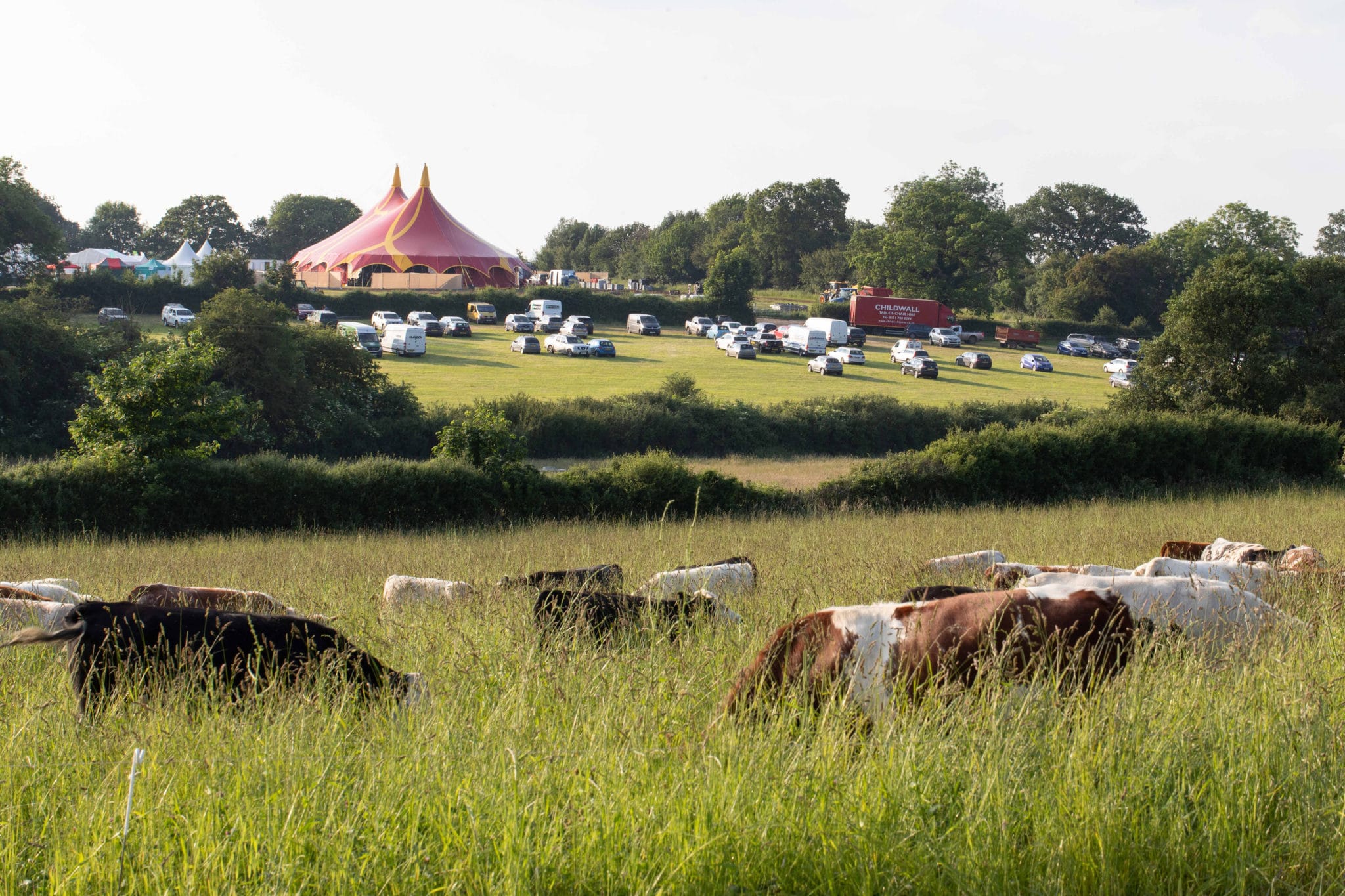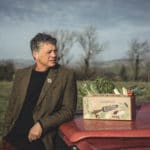For the first 20 years of my life as an organic farmer it was often almost embarrassing to be upheld by many as the solution to just about any food and environmental problem. It turns out we got a lot right but there are no silver bullets; we were never the whole, or only solution, just perhaps a bit less flawed than main stream agri-food businesses around us. From the start my biggest uneasiness was the excessive cultivation (ploughing) needed to control perennial weeds like docks, creeping thistle and couch grass. There were even times (now past) when I wondered whether a dash of glyphosate would be less damaging than all the cultivation needed to exhaust them mechanically.
There is now rising acknowledgement of the importance of better soil management to fight climate change, reverse biodiversity loss, and maintain food production. But though this has been advocated by organic farmers since the Soil Association was founded in 1946, the ‘o’ word is conspicuously absent from current debates about agricultural policy. Instead, there is a new contender: ‘regenerative farming’, which aims to regenerate soils, biodiversity, and even society. Unlike organic, with our highly regulated practices, regenerative farming is defined by the outcomes it seeks, rather than the methods that might achieve them. Most would say that reduced cultivation of the soil is a key element, but there are no definitive, agreed rules. Perhaps its vagueness makes it inclusive, and is a strength, for now at least.
The issues at stake are far bigger than some organic old-timers with bruised egos or empires to defend. So, last week, I packed up my organic prejudices and fears, and joined 5,000 mostly non-organic, large-scale, arable farmers at Groundswell, an annual gathering of regenerative farming enthusiasts in Hertfordshire. There were great talks, machinery demos, and above all conversations, in what felt like a wonderfully inclusive event.
The issues at stake are far bigger than some organic old-timers with bruised egos or empires to defend.
Queueing for food, booze, or loos, I asked fellow queuers why they were there; the answer, although expressed in varying ways and coming from varying backgrounds, invariably included wanting to ‘be part of the solution, rather than the problem’, by ‘farming better’. Yes, they had to make it pay, and yes, that may involve some questionable trading in carbon or biodiversity credits (which almost all had reservations about). But trying to make their farm part of a better, environmentally richer world was what had brought them there.
These are the pioneers, but others will follow, if only our politicians can provide leadership – including a framework for carbon markets, if these are to have any sustained credibility and, as many hope, fund the transition to better farming.
At some point, to enable consumer trust, ‘regenerative’ will need to define its practices (most notably, is it okay to spray with the broad-spectrum herbicide glyphosate?). Perhaps it will even need a legal definition, as organic has. But for now, the movement is in a delightful honeymoon, sustained by common beliefs. We should welcome regenerative farming – but keep an eye out for the greenwash that too often exploits our hope in the absence of a firm definition.










0 Comments